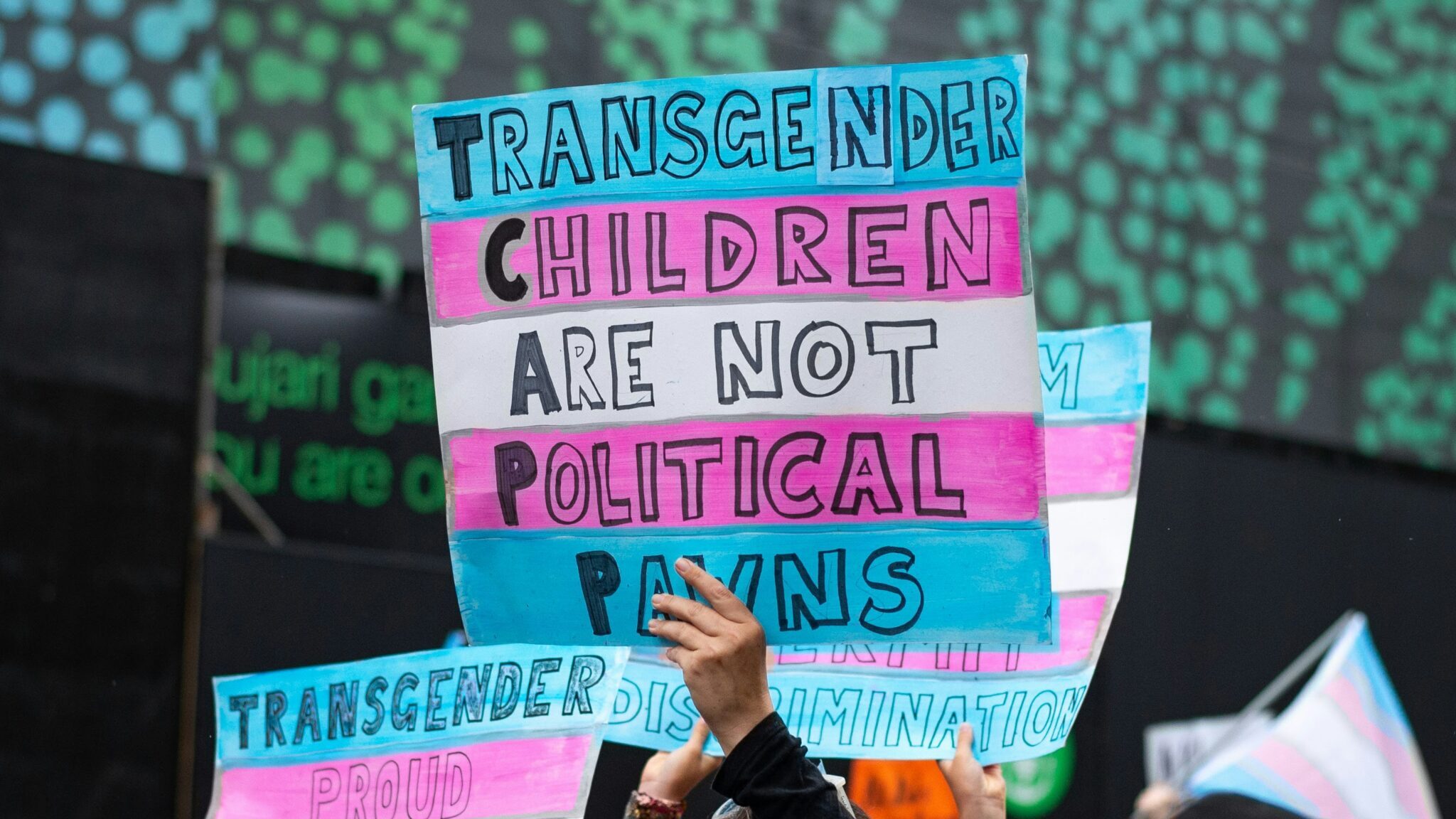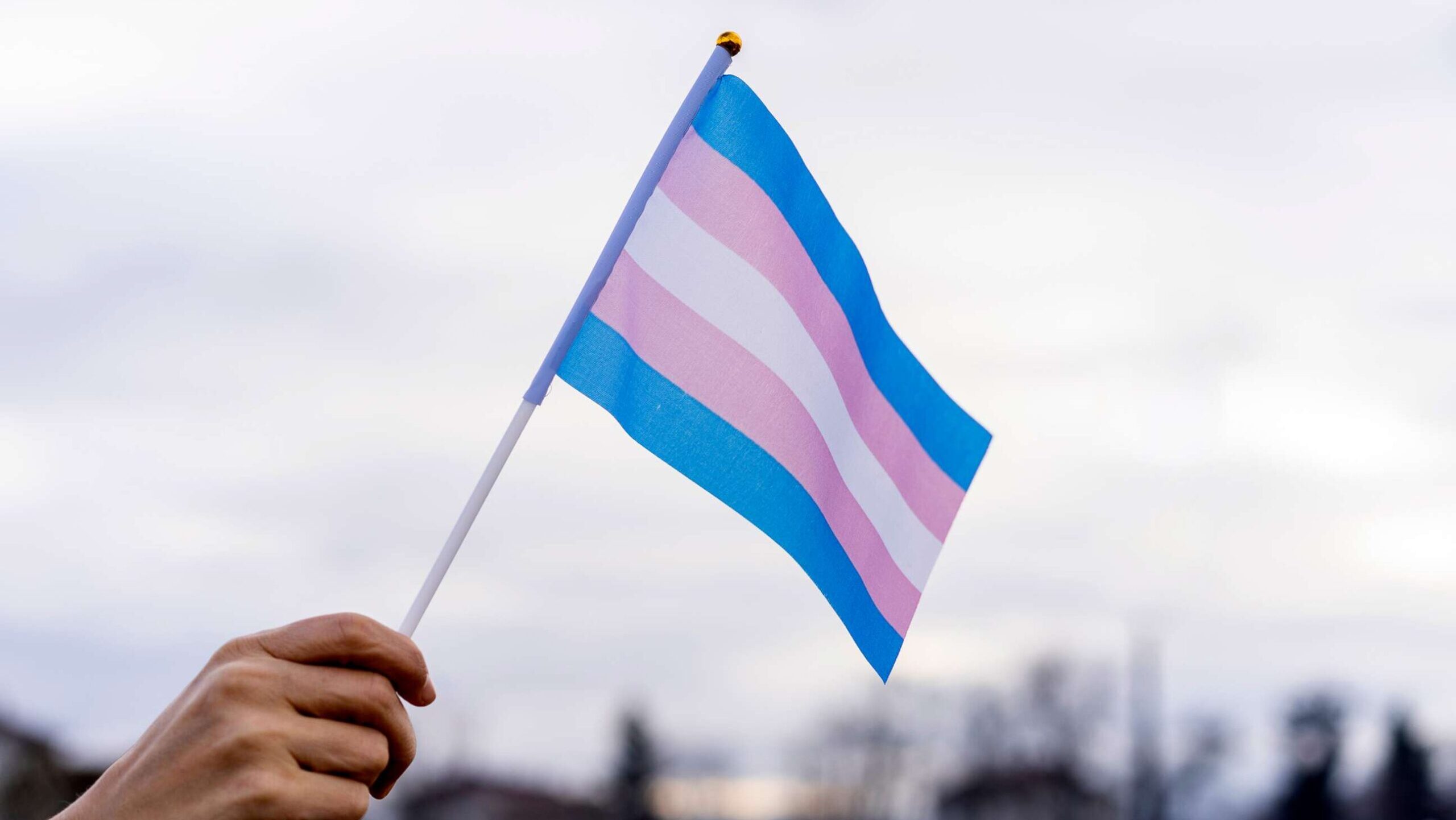
Colonial Williamsburg is bringing a slice of gay and transgender history to life this Fall.
Starting in October, a new musical called Ladies of Llangollen will be featured, based on diary entries, letters, and poetry of two women who ran away from Ireland and eloped in Wales during the 18th century.
The Colonial Williamsburg foundation created a Gender and Sexuality Diversity Committee in 2019 with the purpose of researching gay and transgender issues in the colonies. The result of the committee found multiple instances of lesbian and transgender people in the early years of America’s founding.
The question in front of the researchers that framed the committee was: “What is the Western population’s view on sexuality and gender and how did they determine who was a man and who was a woman?”
The goal was to piece together a more complete history of gay and transgender people in colonial times, according to the Virginia Gazette.
COLONIAL WILLIAMSBURG NAMES NEW CEO, PRESIDENT
According to researcher Ron Tolson, more gay and transgender men and women were accepted than expected in Williamsburg.
Tolson gave multiple examples of transgender and lesbian couples in the colonies and Europe. In one case, a woman who requested a marriage license to another woman was rejected and was told marriage was only between a man and a woman. She came back the next day with a haircut and dressed in men’s clothing, and the license was approved.
“It’s not that the information isn’t there, it’s that it hasn’t been properly researched and a lot of other groups are overrepresented in the historic record,” Tolson said. “We just assumed that people had similar ideas as current day and moved on but that’s not entirely the case.”
Another example was of an indentured servant named Thomas Hall, who was born Thomasine in England. At the age of 22, Hall joined the British Army and moved to Virginia under the name of Thomas. Hall wore both men’s and women’s clothing, and when suspicion arose from neighbors, there was a
court case. The verdict of the case was that Hall was both a man and a woman.
The research was not without its challenges. Because this was not the dominant narrative, reports were buried, and alternative language was used. This meant researchers had to decode the language and learn a whole new set of terminology. Additionally, there were many fires at courthouses in the 17th and 18th century which destroyed a lot of court cases.
The research is still ongoing, and Williamsburg said they have plans to introduce other gay and transgender programs to their itinerary.
The post appeared first on Washington Examiner.




